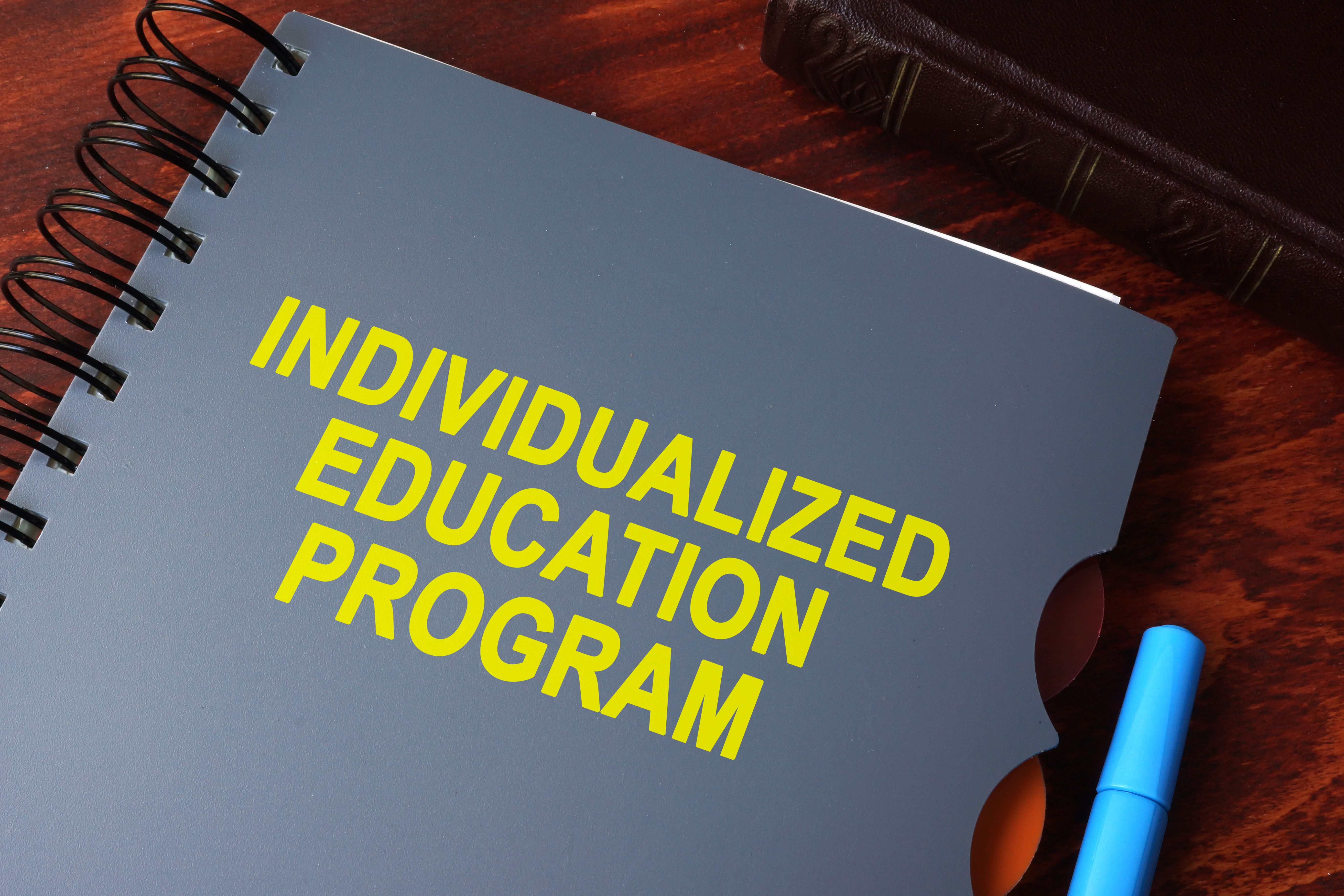Choosing the Right Advocate: Private Special Education Advocates vs. State-Funded Options
Understanding the Role of Special Education Advocates
When it comes to securing an appropriate education for children with special needs, the role of a special education advocate can be invaluable. These professionals assist families in navigating the complex world of special education law, ensuring that their child receives the support and accommodations they deserve. However, choosing between a private special education advocate and a state-funded option can be challenging for many parents.

Private Special Education Advocates
Private advocates are independent professionals who work directly for families. They offer personalized attention and often have specific expertise in various aspects of special education. Hiring a private advocate allows parents to select someone whose skills and experience align with their child’s unique needs.
Pros of Private Advocates:
- Personalized Service: Tailored strategies and one-on-one attention.
- Expertise: Often have specialized knowledge or certifications.
- Flexibility: Available to meet at times that work for the family.

State-Funded Special Education Advocates
State-funded advocates, often provided through public agencies or nonprofit organizations, are typically available at no cost to families. These advocates can be a great option for those who need assistance but may not have the resources to hire a private advocate.
Benefits of State-Funded Advocates:
- Cost-Effective: Services are usually free for families.
- Accessibility: Available to a broad range of families, regardless of income.
- Knowledgeable: Familiar with state-specific regulations and resources.
Comparing the Two Options
When deciding between a private and a state-funded advocate, it's important to consider both your family's needs and resources. Private advocates, while often more flexible and specialized, come with a financial cost that may not be feasible for all families. On the other hand, state-funded advocates offer essential services at no cost, but may have limited availability or capacity due to high demand.

Making the Right Choice for Your Family
The decision ultimately depends on several factors including your budget, the complexity of your child's needs, and your own ability to engage with the advocacy process. Families who can afford it might prefer the tailored approach of a private advocate, while those looking for cost-effective solutions may find state-funded options more suitable.
Consider consulting with both types of advocates before making a decision. This will give you a sense of their approach and how well they understand your child's specific needs. By weighing the pros and cons of each option, you can make an informed choice that best supports your child's educational journey.
The Importance of Advocacy in Special Education
No matter which type of advocate you choose, having an advocate can make a significant difference in your child's educational experience. These professionals ensure that schools comply with legal requirements and provide the necessary accommodations and support for your child to thrive.
With the right advocate by your side, you can feel more confident navigating school meetings, developing IEPs, and ensuring that your child's rights are upheld. Whether you opt for a private or state-funded advocate, their expertise can empower you to achieve the best possible outcomes for your child's education.

